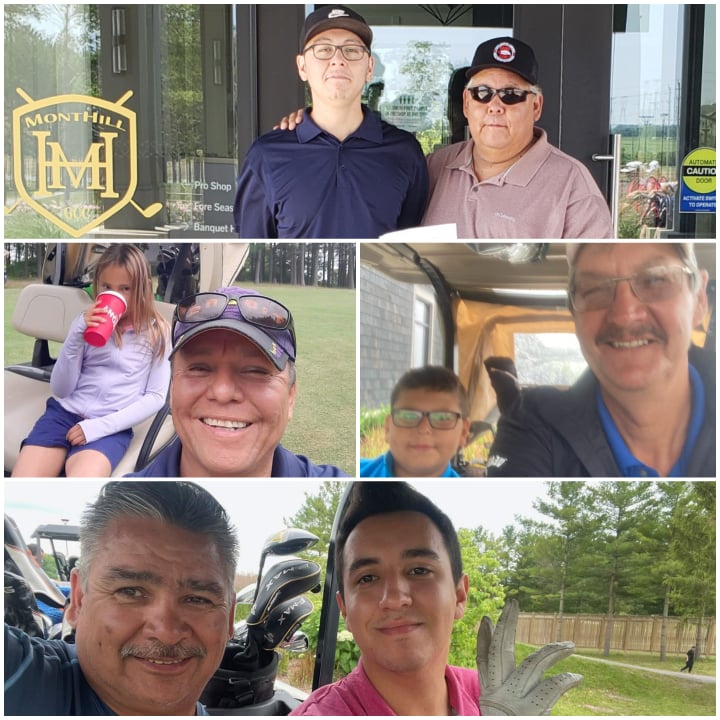Dear Editors,
A recent Facebook page set up by animal rights activists opposed to the Royal Botanical Gardens (RBG) deer hunt, referred to the hunt as an inhumane “slaughter.” The page states, “It’s imperative that we show we do not agree with or condone this slaughter. They have closed the hunt to all but the Haudenosaune Nation, who will be employing crossbows.”
Some of the comments include, “Starting December 16 the RBG will be closed to the public and open to the same killers from Short Hills.” There was an incident in Short Hill where some hunters injured a doe who eventually wandered into the backyard of a local resident. The doe lay injured for thirty minutes, was shot by the MNR and then given back to the hunters to make use of the deer. Many in this Facebook group are angry about this and are labelling crossbow hunters and specifically the Haudenosaunee Natives participating in the hunt at the RBG as “killers”.
Royal Botanical Gardens believes that the deer population within its borders has moved from a natural diet and instead are eating RBG collection material that are not native to Ontario. It is apparent by RBG comments that although the prized Lilac collection is a major concern, so too is the balance and welfare of all fauna and flora.
The new relationship with the RBG is an encouraging one given the respect of Haudenosaune culture and traditions. It would be a shame to see this damaged by a small group of animal rights activists who label this event as a “horrific slaughter”.
An unfounded and prejudicial belief is being spread by these animal rights activists and a small group of protestors that claim that coyotes are eating the deer left injured. City of Hamilton Officials state that the coyotes are hungry because they have lost their natural habitat and are coming into cities and other areas where there is food. It is a problem, but not one caused by the Haudenosaunee or any other First Nations group.
There were plans from concerned community members in Hamilton and surrounding areas to have an Urban Ojibway Elder conduct a ceremony asking the deer to leave the territory for their safety. Many First Nations believe that if we are not thankful for our food and ask it to leave, then when it is needed the food will be gone. An elder explained to me the way we talk to our food and the poor way we have treated it is the reason why our sacred food medicine is leaving us.
The Thanksgiving address in the Haudenosaunee culture is a perfect example of the attitude we must have for all things given to us. This hunt is no exception. We will be giving thanks for the food and provision provided by the deer and asking them to stay. As in the medicine wheel teachings we are to keep things in balance and support the importance in harvesting to maintain balance in a respectful and traditional manner taught to us by our Elders.








Six Nations Haudenosaunee people were allowed to hunt in Short Hills Provincial Park near St. Catharines, Ontario. Six Nations Haudenosaunee people are now being allowed to hunt on Hamilton Conservative Authority (HCA) land in the Dundas valley and on Royal Botanical Gardens (RBG) land near Hamilton, Ontario.
Some people oppose those deer hunts because they don’t like hunting period. Some people oppose those deer hunts because they think it is dangerous to hunt so close to populated areas.
First Nations people in Canada have been hunting deer and other animals in what is now Canada for centuries. It is part of their tradition.and culture.
But then non native people (colonists) have also been hunting deer and other animals for centuries. They hunted in Europe for centuries and they have been hunting in Canada for centuries. It is part of their tradition and culture.
So, if there is an over-population of deer on public land in those parks and if there truly is a need for a hunt and a cull, why are only Six Nations Haudenosaunee people being allowed to hunt the deer in those parks?
Are other First Nations people like the Mississauga Indians and other Ojibwa (Chippewa) or the Algonquin Indians being invited to hunt the deer in those public parks? If not, why not?
And, if non natives also have a long history, tradition and culture of hunting, why aren’t non native people also being invited to hunt the deer on public land in those parks?
Isn’t it sort of discriminatory to allow only Haudenosaunee people to hunt the deer on the land in those public parks?